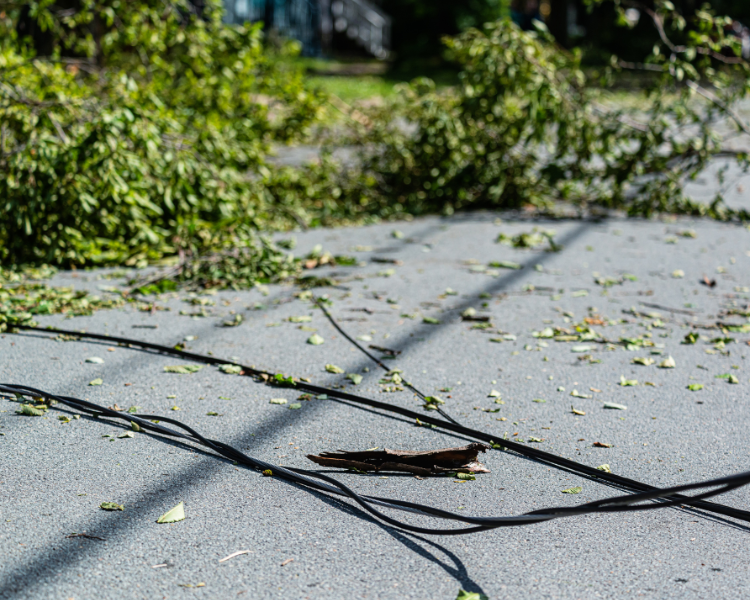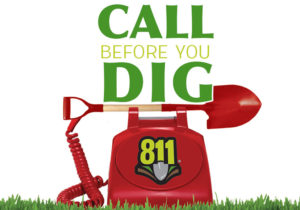Electrical Safety
Safety is an important priority and value at SECO Energy. Our employees wear protective gear when working around power lines and use equipment designed for working with electricity. However, electrical safety applies everyone. Electric energy can burn, injure and even kill unless you respect it and exercise caution when working or playing around it.
Important Electrical Safety Advice

- Always consider all overhead lines to be live and dangerous.
- Do not allow kids to play near substations or underground transformers.
- Keep ladders and trimmers at least 10 feet away from power lines.
- Survey the job site carefully before work begins and look for potential safety problems.
- If you are in a car accident involving downed electrical wires, stay in the vehicle.
- Stay away from and report power lines that have fallen down.
- Unplug appliances before cleaning or servicing them.
- Repair or replace frayed cords and never run under rugs or around sharp corners.
- If an appliance smokes, sparks, or shocks, stop using it immediately. Repair or replace.
- Never touch a person who is being shocked by electricity.
- After a storm, drive carefully – watch for downed or dangling electric wires.
- Before you buy or install a generator, know how to safely operate it.
Teach children to respect electricity:
- Never climb trees around electrical wires.
- Never touch outdoor wires with any part of your body, toys, or other objects.
- Keep kites, toy planes and balloons a safe distance from poles and wires.
- Do not enter or play near substations or underground transformers.
Call before you dig. It’s the law.
Call 811 or visit sunshine 811.com to arrange our location service to mark utility infrastructure.
Privately owned (not utility owned) facilities are the homeowners’ obligation to mark before excavation begins.
What are private facilities?
Private underground facilities can be located anywhere including private property and rights-of-way. They typically are underground lines that extend beyond the meter or lines not connected to a meter that serve other areas on a property.
Examples of Residential Private facilities
- Electricity to sheds, garages, barns or electric fences
- Invisible dog fences, data cables, landscape lighting
- Water, septic or irrigation systems
- Propane or natural gas run to grills and pool heaters
Need to save money on your electric bill? For a deeper dive identifying energy-saving changes to implement in your home, take our Home Energy Assessment and within minutes you’ll receive money-saving advice tailored to your home. If you prefer to “see the math” behind the amount and cost of energy that your home’s appliances and devices use, complete our Energy Estimator.


